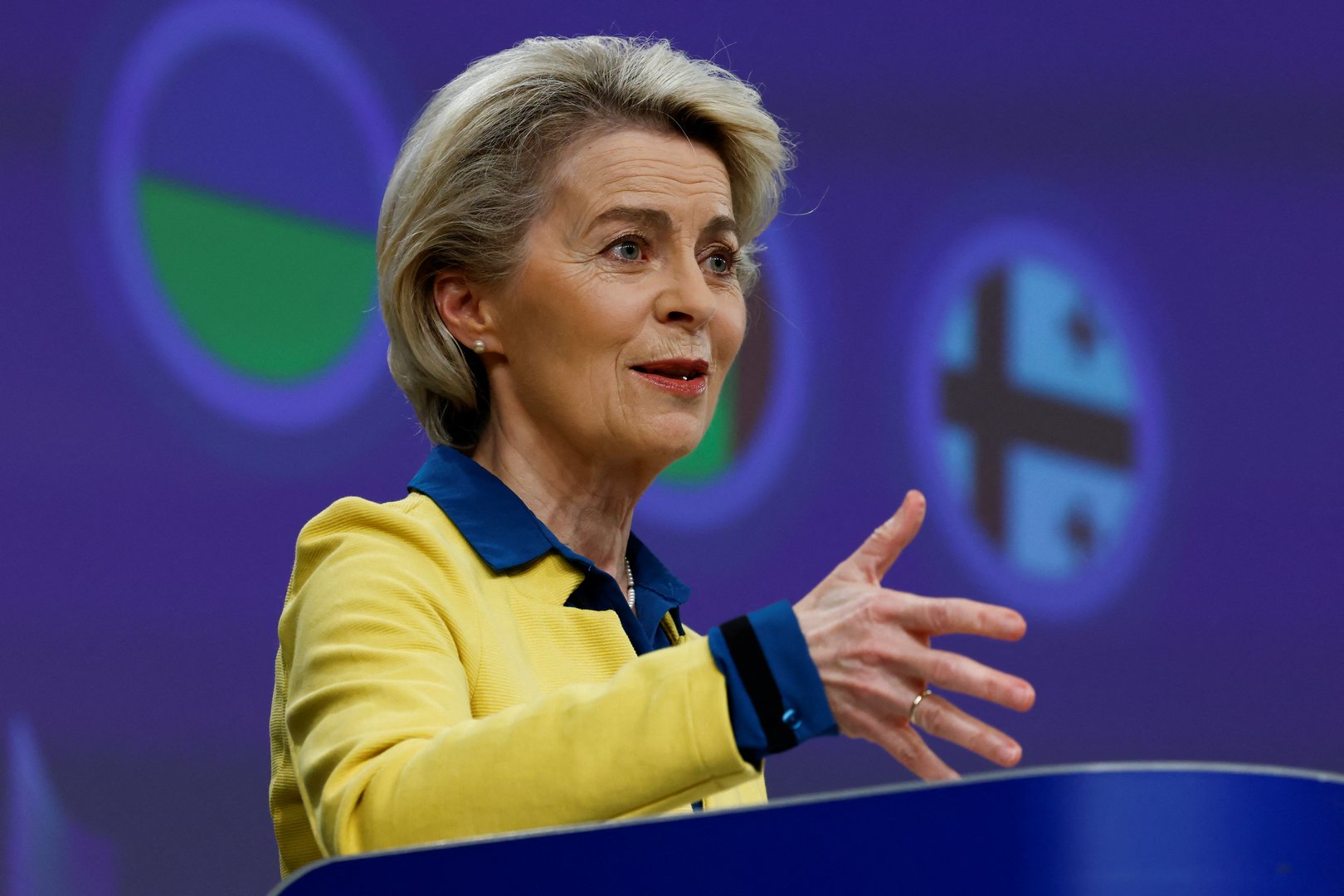Upcoming European Commission proposals to tackle surging energy prices will aim to cap the price of gas Russia sends to Europe via pipelines, and offer support to electricity producers facing a liquidity squeeze, the EU’s chief said on Monday.
Brussels is drafting measures to protect citizens and industries from soaring gas and electricity prices that are sending economic shock waves through the European Union.
European Commission President Ursula von der Leyen said in a tweet the proposals would aim to cap the price of Russian pipeline gas, curb electricity demand and use revenue from energy companies to support vulnerable consumers and businesses.
Italian Prime Minister Mario Draghi has previously proposed that EU countries agree a cap on the price of gas imported from Russia. Some EU countries are wary of the idea, however, given the risk that Russia completely cut off Europe’s gas supply in retaliation, diplomats said.
French President Emmanuel Macron said on Monday he would support such a proposal.
European gas prices jumped on Monday after Russia’s state-controlled Gazprom GAZP.MM said on Friday its Nord Stream 1 pipeline would stay shut after a maintenance outage.
Europe has accused Russia of weaponising energy supplies in retaliation for Western sanctions imposed on Moscow over its invasion of Ukraine. Gazprom has blamed the supply cuts on Western sanctions and technical issues.
“Putin is using energy as a weapon by cutting supply and manipulating our energy markets. He will fail. Europe will prevail,” von der Leyen said.
The Commission is also planning support for electricity producers facing a liquidity squeeze, von der Leyen said.
Utilities sell some power in advance to secure a certain price but must maintain a “minimum margin” deposit in case they default before the power is produced. As power prices have surged, the margin deposit required has spiralled higher, leaving companies struggling to find cash to cover the new demands.
The Commission will discuss its initial ideas with EU country representatives on Wednesday, before countries’ energy ministers hold an emergency meeting on Friday to debate the various options. Von der Leyen is then expected to outline the EU proposals in a speech on Sept. 14.







Click here to change your cookie preferences